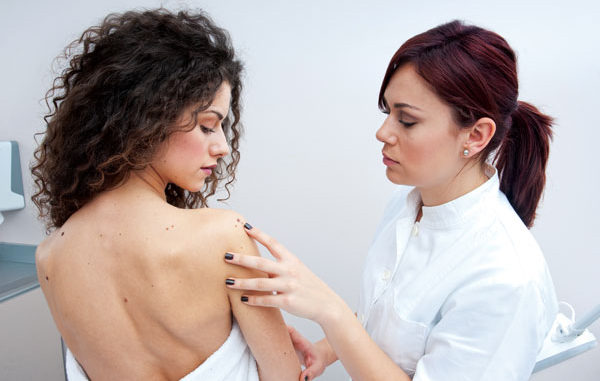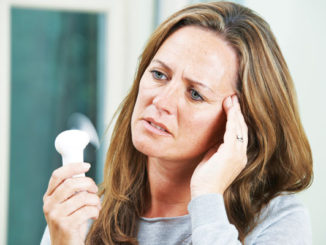
There’s one word we all hope to never hear from our doctor and that’s “cancer.” While keeping away from the doctor’s office altogether can help avoid hearing that ominous term, it ultimately only postpones and exacerbates any potential problems that could have been treated before becoming serious.
According to Dr. Anita Heart, a family practice physician with Dignity Health Medical Group Stockton, typically when someone hears the term “abnormal pap” the first thing they assume is cancer. Fortunately, most abnormal paps are due to simple, easily treated infections.
Left untreated, those could develop into more serious conditions. In fact, having a pap examination come back with abnormal results is actually a highly common occurrence but these screenings continue to be underperformed and only about 69% of women over the age of 18 have had a pap in the last 3 years according to the Center for Disease Control. This statistic is even lower for mammograms with only 65.3% of women over 40 having had an exam within the past 2 years.
Early detection still remains the best preventative medicine for breast and gynecological cancer. In fact, breast cancer, in most cases, when found at stages 0-2 have between 100% and 93% survival rate according to the American Cancer Society. Cancer detected in later stages is more likely to spread and metastasize, decreasing the likelihood of survival to about 22%.
In addition to early and often examinations and tests with your gynecologist, there are ways to help with early detection in the comfort of your own home. Dr. Heart explains it’s important to “be an advocate for your own health and in addition to keeping up with screenings, it’s important for women to know their bodies and be aware of any changes that could signal something isn’t right.”
Genetic research is equally important as family histories can provide insight for your physician as to your likelihood to develop issues that could potentially lead to a cancer diagnosis.
Unfortunately, there’s no guaranteed method for preventing gynecologic cancer. But, according to Dr. Heart, committing to routine examinations, paps, and mammograms, as well as knowing your family history, protecting yourself from HPV and making healthy lifestyle choices can dramatically reduce your risk.




